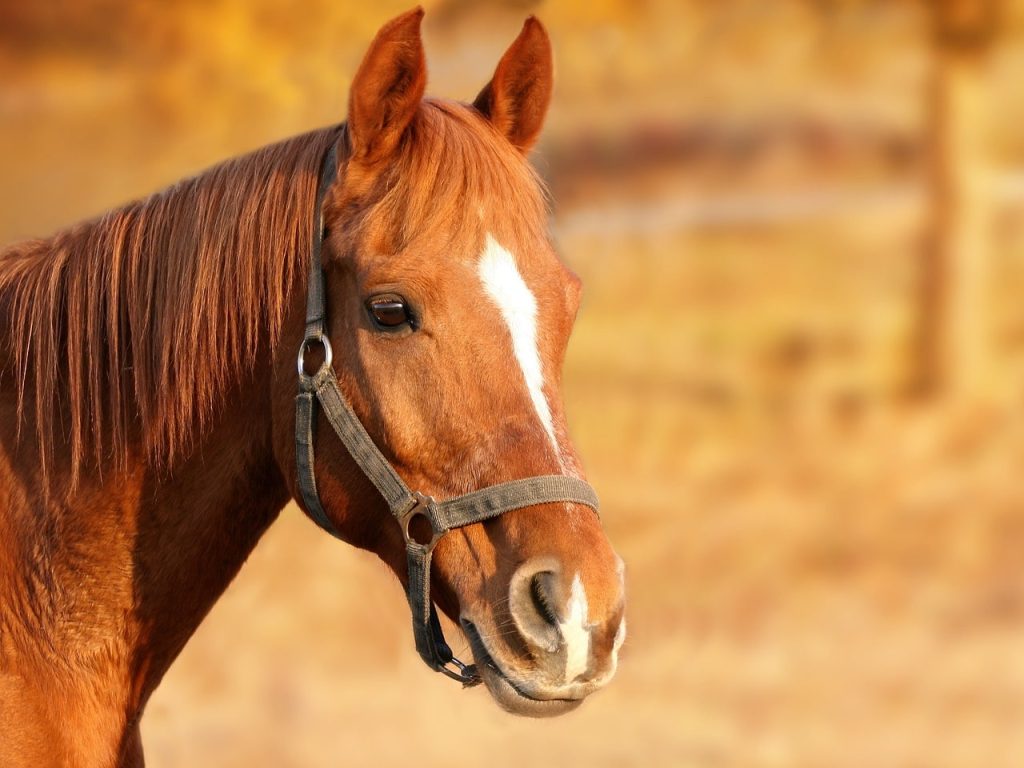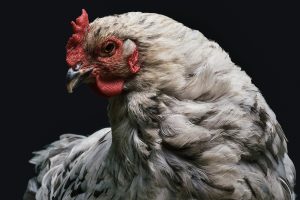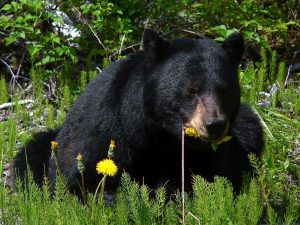Adult horses often sleep for only five hours a day.
Scientists have studied the behavior of horses and have found that they sleep standing not because they are unable to lie down, but to balance their need for sleep and maintain a quick reaction in case of threats from predators.
According to Karen Waite, an equine behavior specialist from Michigan State University, “sleeping on their hooves is an adaptation against predators.”
“Being upright gives them a literal leap on predators and better chances of escape than if they were lying down,” she added.
Karen Weight noted that horses require time and energy to get moving. As a result, a standing horse can easily flee when awakened from sleep. The same applies to other large herbivorous animals such as zebras, bison, elephants, or giraffes.
The scientist explains that when horses relax the muscles of their legs, the ligaments and tendons of the supporting apparatus act as tension bands, stabilizing the shoulder, knee, and hock joints of the legs. This allows the horse to sleep while standing without exerting the muscles. However, horses are also capable of sleeping while lying down.
“Horses spend a majority of their time sleeping while standing, but they don’t actually achieve deep REM sleep when standing,” said Sarah Metlock, Senior Lecturer in Equine Behavior at the University of Colorado.
She said that adult horses can often sleep only five hours a day. But that’s not enough time to fully recharge their batteries.
“Because of this, horses need to lie down every day. If they don’t, they can experience sleep deprivation, which can be a serious risk to the horse’s health,” she added.
Найкращі практики догляду за хвостиками у 2026.
⚠️ We suggest that you read all the opinions on our portal and take note of them at your own discretion. Do not self-medicate! In our articles we collect the latest scientific data and opinions of authoritative experts in the field of health care. But remember: only a doctor can diagnose and treat.
The portal is intended for users over 13 years old. Some materials may not be suitable for children under the age of 16. We do not collect personal data from children under 13 without parental consent.We have a small request. We strive to create quality content about pet care, and we make it available for free to everyone because we believe everyone deserves accurate and useful information.
Advertising revenue only covers a small portion of our costs, and we want to continue to provide content without having to increase advertising. If you have found our content useful, please support us. It only takes a minute, but your support will help us reduce our reliance on advertising and create even more useful articles. Thank you!












